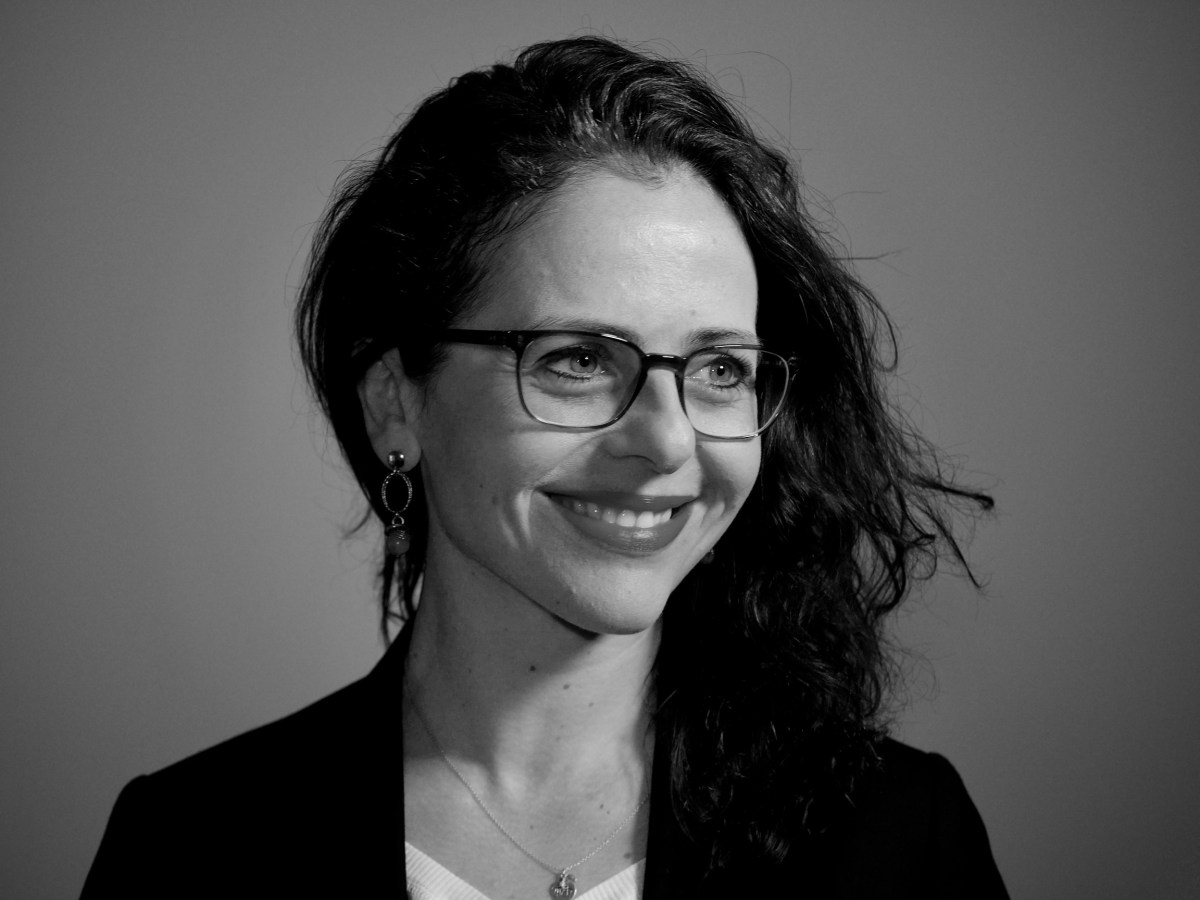Name: Désirée Lucchese
Role & Organisation: Head of ethics and impact, U Ethical Investors
What was your first job?
My very first job while in High School was waitressing at my hometown’s best restaurant. The restaurant was located up high on Monte Bonifato (north west Sicily), famous for its pine forest and a Nature Reserve. At weekends, I would go there in the late afternoons, prep the beautiful bar overlooking a stunning Gulf on the Tyrrhenian Sea and waitress from dinner time. The owners would kindly drop me home past midnight, after a very convivial staff ‘dinner’, often closed with a sip of the house’s limoncello.
There was a self-determination angle to it. As a conservative town, family acquaintances would question my dad ‘letting me work’ there (mostly a male dominated environment). My dad even tried to bribe me not to go but I refused. I later learnt that many more local girls followed suit and sought waitressing jobs around town.
When did you know you wanted to work in finance/business?
When I first started working in strategic sustainability consulting in The Netherlands, it was instinctive to me that corporates would benefit over the long term by investing in innovation such as low impact consumer products, water and energy efficient systems and the like.
My studies in environmental science had given me a sort of 360 systems dynamics view across industrial processes, pollution ecology, regulation and macro-economics. This outlook became clear when I moved to London in 2013 and I started working in ESG investing.
When did you first discover the concept of Impact Investing?
As a sustainability consultant, I worked on numerous projects that aimed to define strategic roadmaps, the identification of relevant indicators and their related measurement and reporting. ‘Impact’ through systems improvement sits at the core of sustainability thinking. I could almost say that I discovered it at University, where I learnt about the greatest social and economic challenges of our time alongside their possible solutions: i.e. from operational transformation and design thinking to micro-finance and empowerment.
I later learnt about impact investing while in London in my roles as ESG analyst and account manager in ethical sourcing. That is when I started diving into IRIS+ metrics (the Global Impact Investing Network, GIIN’s impact measurement & reporting framework) and the ground breaking work of Social Value International, the Big Society Capital, pensions funds such as the National Employment Savings Trust (NEST) and many others.
What’s one exciting development you and your team have in the pipeline?
This year we released our first Climate Risk Report. We now have a rich pipeline of climate scenario mapping, further refinement of our robust sustainable impact metrics across our portfolios and a ramping up of our advocacy. In addition to a number of existing industry collaborations, we are joining the International Corporate Governance Network (ICGN)’s investor committees on stewardship and natural capital.
What was the most interesting ESG/impact trend you’ve recognised in the past 12 months?
What a time to be alive! COVID-19 has certainly triggered unprecedented policy responses in many countries. We have seen a renewed, and in our view healthy, debate around stakeholder capitalism and growing investor interest in tackling the biodiversity loss crisis. In the AU market, a recognition of the importance of transparency is leading to improvement in corporate disclosure metrics and possibly better outcomes. While transparency is not a ‘proxy for progress’, a more rigorous reporting system will help limit unbridled greenwashing, whether green, ESG or rainbow-washing.
Name one high impact company (globally) that investors should keep their eye on?
With the daunting climate projections in the latest Intergovernmental Panel on Climate Change (IPCC) report released yesterday and road transport (cars, trucks, buses and two and three-wheelers) accounting for nearly three-quarters of transport CO2 emissions globally, we view Daimler AG (DAI-GR) as a company to look out for.
Electric vehicle manufacturers such as Tesla and Nio tend to dominate news headlines, but the traditional Original Equipment Manufacturers (OEM) are also pivoting into EVs in meaningful ways. The car manufacturer we favour most for the EV thematic is DAI AG, the manufacturer of Mercedes Benz vehicles. DAI recently announced plans to be all electric by 2030, making Mercedes the first traditional OEM to say it will be 100% electric by the end of the decade.
Furthermore, this transition does not come with a financial penalty as DAI recently reiterated its commitment to its existing margin targets and cash conversion ratios.
What’s your vision for impact-investing in 5 years time?
At U Ethical, we believe that all investors can ‘invest with impact’. We expect that ethical and responsible investing will become more mainstream and be embraced more holistically. Impactful outcomes will not only be the domain of impact investors alone but a modus operandi of responsible investors, and hopefully all ESG and impact funds will be climate-aligned. As disclosures and reporting improve among corporates and investors alike, greater transparency will also make it easier to differentiate between those who are ethical and those who are just good at embellishing a fund or simply re-labelling it.

